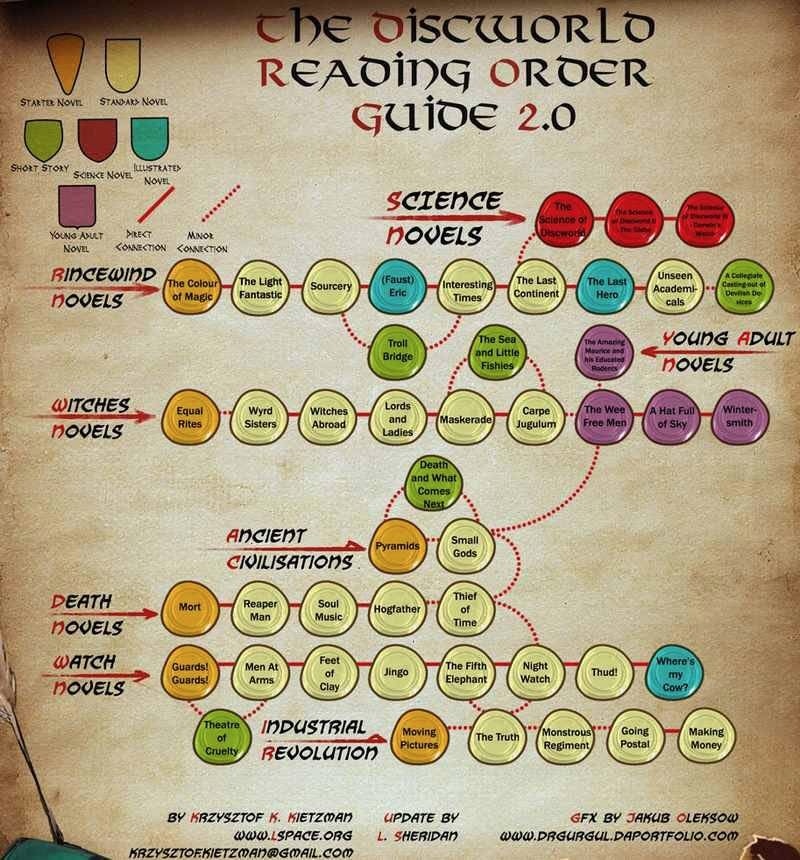

Gilliam, however, had been pipped to the post. The one-time Python performer’s dark style was a solid match for Gaiman’s prose, while Gilliam’s Time Bandits and Brazil were two of Pratchett’s favorite movies of all time. Gilliam began negotiating for the rights immediately, much to the delight of the two authors. publishers Workman had sent it to several notable cult figures hoping for quotes to include in the cover blurb, which is how a copy found its way onto the desk of Terry Gilliam who, having just endured a flop with The Adventures of Baron Munchausen, was on the lookout for a new project and assumed the book had been sent for his consideration. So it had an obviously twisted appeal for Hollywood (“It will make one hell of a movie” said a review in the Washington Post), and there was interest from the off. And on the page, it follows an angel and demon attempting to thwart an actually-quite-pleasant 11-year-old antichrist. The 1990 book was co-written by Neil Gaiman and was one of, astonishingly, five new Pratchett novels published that year. Each attempt, in its own way, fell apart. In fact, prior to Amazing Maurice only three of his 60-odd novels- Good Omens, Mort, and Truckers-got anywhere close to making it over the line and into the projection booth. The history of Pratchett on screen is a cautionary tale, pitted with good intentions, Hollywood big shots missing the point, tantalizing leads, and ultimate disappointment. The late author’s extremely protective attitude to his work made him wary of big name producers (“I don’t need the money, I’ve got money,” he would say) while the projects that did get through his finely-honed bullshit filter were doomed to languish in development hell, sometimes for decades. Studios have been sniffing around Pratchett’s work since the 1980s, and there have been several near misses over the years. So putting Pratchett on the big screen, with the accompanying budget, should be a no-brainer. Meanwhile several of his novels have been made successfully for the small screen, in stop-motion, traditional animation and live-action. Some of these books were adapted in the ‘90s for the stage, three successful video games, and even a prog rock album. Pratchett even writes cinematically-almost all of his adult novels are written without chapters, skipping scene-to-scene just as a movie does.


Though Pratchett has been adapted a handful of times for television, most recently with Amazon’s Good Omens (excellent) and BBC America’s The Watch (patchy), this will be the first true big-screen take on a Pratchett book*, which is frankly astonishing when you consider that Sir Terry has been a bestseller since the mid-‘80s, with a series of accessible and cinematic comic fantasy hits, most of which would lend themselves to the screen. release of The Amazing Maurice, a feature length adaptation of Terry Pratchett’s acclaimed 2001 YA novel.


 0 kommentar(er)
0 kommentar(er)
